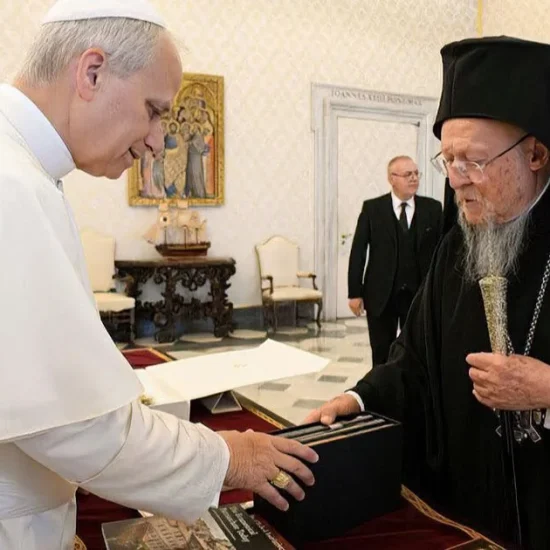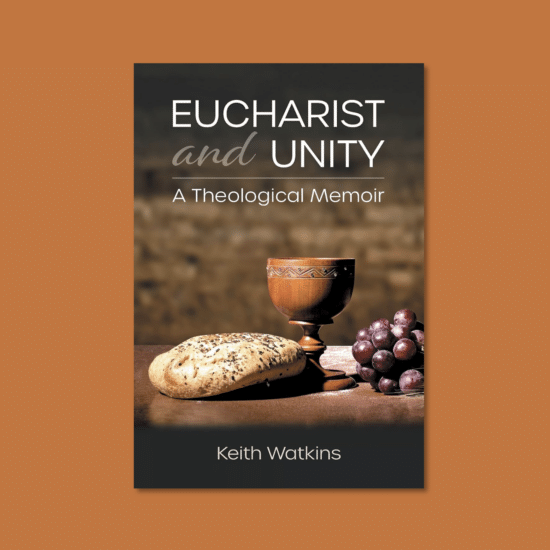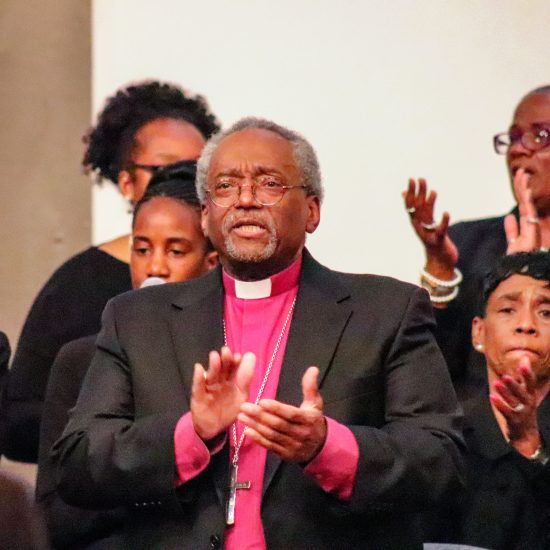ABILENE, Texas (ABP) – Ethnicity – not race – thwarts Christian unity, Baptists’ international leader told participants at the T.B. Maston Lectures in Christian Ethics.
Neville Callam, general secretary of the Baptist World Alliance, delivered the 12th annual Maston Lectures April 16-17 at Hardin-Simmons University’s Logsdon Seminary.
Callam, a Jamaican Baptist leader and the first person of African ancestry to head the BWA, said “ethnicity” is a term that is used to convey a diversity of meanings. Some uses present problems for the church, he added.
Callam said European and American religious groups on occasion spoke of “ethnic churches” to describe immigrants and people who are not part of the majority in those specific regions.
While “race” and “ethnicity” are used almost interchangeably, Callam said that is inaccurate and misleading.
“To speak of ethnic groups is to point to constructed identities which often depend on notions of common origins, common heritage and memories of a shared past, which are not necessarily grounded in confirmable historical fact,” Callam said.
In popular American usage, he said, the ethnic label “seems to reflect a categorization of people not in order to affirm their common belonging in the species homo sapiens, but to highlight the contrast between them.”
Recounting the history of the term, Callam noted that by 1940 in America, “ethnics” was used to refer to “Jews, Italians, Irish and others deemed inferior to white Anglo-Saxon Protestants.”
Among Christians, “the use of the expression ‘ethnic churches’ is caught up in the politics of establishing borders, defining separate identities (and) classifying people over against each other, notwithstanding their common bonds in Jesus Christ,” he said. In that context, “the term ethnic refers to people who are not white.”
Callam leans toward the “constructivist” perspective on ethnicity, he said. It is “the belief that ethnic groups are artificial social constructs that have no exact correspondence in actual society.”
“Terms such as ‘ethnic’ and ‘ethnicity’ need to be understood as mythical concepts which play a major role in social differentiation and may actually serve to promote negative stereotypes that should be abandoned,” he said.
“Ethnicity is not about people’s essential being. It is instead about people’s affiliation. It pertains to … their behavior rather than their being,” he explained. “In some cases, it refers to the group to which people assign themselves. In other cases, it refers to the group to which people are assigned by others. In other words, ethnicity may be understood as a sign of a person’s choice of self-recognition or a sign of society’s classification of people.”
Christians much rethink how they use terms such as “ethnic,” “ethnics” and “ethnicity,” Callam urged.
“It is unfair to simply place people into imagined communities and then make sweeping generalizations about them based on the group identity conferred on them,” he said. “Those who do this are guilty of creating caricatures that are capable of providing grounding for just the kind of prejudices that attach themselves to the popular use of the language of ethnicity.”
Christians can demonstrate appropriate behavior by “affirming what they have in common as human beings created in the image of God and as persons being formed in the image of Christ,” he stressed.
-30-
Marv Knox is editor of the Baptist Standard.





